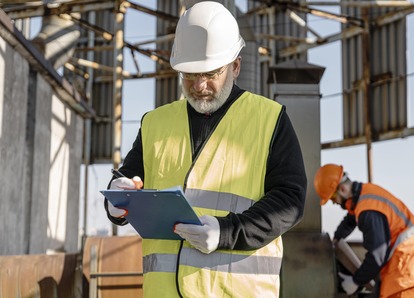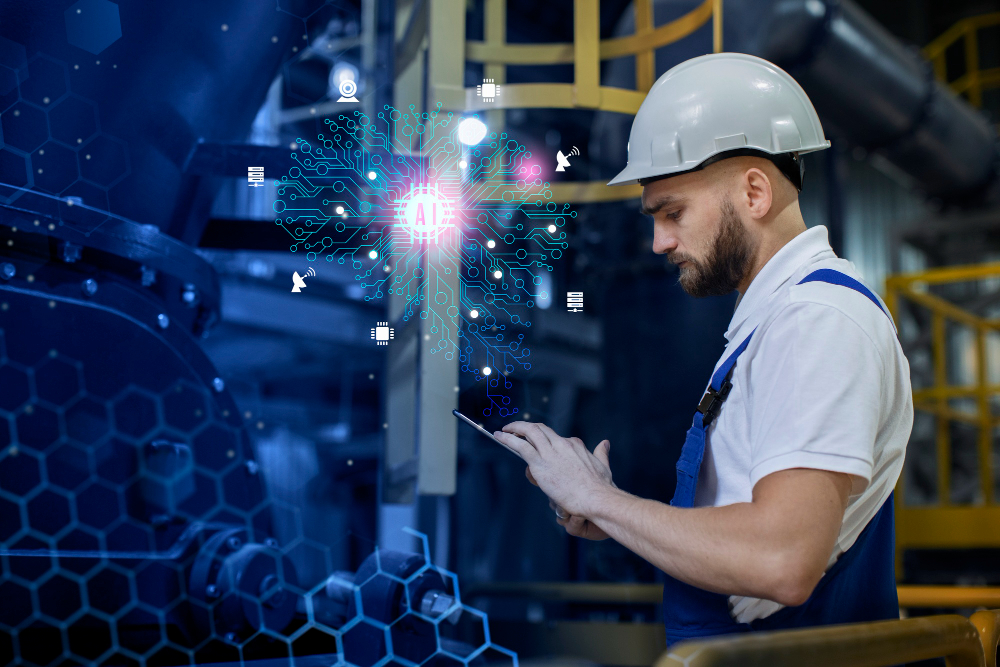IoT Day: Internet of Things and Its Impact on Day-to-Day Life

Key Takeaways
- Connected Living: IoT is creating seamlessly connected environments in homes and workplaces
- Enhanced Convenience: Smart devices automate routine tasks and provide personalized experiences
- Health Monitoring: Wearable IoT devices track fitness metrics and vital health indicators
- Energy Efficiency: Connected systems optimize resource usage and reduce waste
- Industrial Transformation: IoT is revolutionizing manufacturing, logistics, and supply chains
What is the Internet of Things?
The Internet of Things (IoT) refers to the rapidly expanding network of physical objects embedded with sensors, software, and connectivity that enables them to connect and exchange data. These "smart" devices range from simple household items to sophisticated industrial tools, all designed with the capability to collect and share information.
At its core, IoT represents the convergence of digital and physical worlds, where everyday objects become intelligent through their ability to communicate with users, environments, and each other. This connectivity creates new possibilities for how we interact with technology in our daily lives.
IoT in Everyday Life
Fitness and Health Monitoring
Wearable fitness trackers represent one of the most visible and widely adopted IoT applications. Devices like Apple Watch, Fitbit, and Garmin smartwatches continuously monitor activity levels, heart rate, sleep patterns, and even blood oxygen levels.
 Compliance Monitoring through IOT & AI
Compliance Monitoring through IOT & AI
These devices sync with smartphone applications to provide users with comprehensive health insights, personalized recommendations, and progress tracking. The global wearable fitness tracker market, valued at $38.68 billion in 2020, is projected to reach $124.32 billion by 2028, highlighting the growing consumer demand for these IoT health solutions.
Smart Home Ecosystems
The modern smart home represents IoT at its most accessible, with interconnected devices creating seamless living experiences:
Smart Doorbells: Devices like Ring and Nest Hello connect to smartphones, providing live video feeds of visitors, motion detection alerts, and two-way communication capabilities. These systems enhance home security while offering convenience for package deliveries and visitor management.
Intelligent Appliances: From refrigerators that track inventory and suggest recipes to washing machines that optimize water usage based on load size, smart appliances are transforming household management. These devices not only simplify tasks but also improve energy efficiency and resource utilization.
Home Automation Hubs: Systems like Amazon Echo, Google Home, and Apple HomeKit serve as central control points for diverse smart devices. These hubs enable voice-controlled operation of lights, thermostats, entertainment systems, and security features, creating truly integrated living environments.
Connected Transportation
The automotive industry has embraced IoT technology to enhance safety, efficiency, and user experience:
Smart Cars: Modern vehicles incorporate numerous IoT features, from GPS navigation and entertainment systems to advanced driver assistance capabilities. Tesla vehicles exemplify this integration, with features like remote climate control, automatic software updates, and semi-autonomous driving functions.
Traffic Management: IoT sensors embedded in roads and traffic signals collect data on vehicle flow, enabling real-time adjustments to signal timing and route recommendations that reduce congestion and improve commute times.
Maintenance Prediction: Connected vehicles can monitor component performance and alert owners to potential issues before they cause breakdowns, transforming the automotive maintenance model from reactive to proactive.
Industrial Internet of Things (IIoT)
Beyond consumer applications, IoT is fundamentally transforming industrial operations across sectors:
Manufacturing Optimization
Smart factories utilize connected sensors to monitor equipment performance, environmental conditions, and production metrics in real-time. This continuous data collection enables:
- Predictive maintenance that prevents costly downtime
- Quality control through automated inspection systems
- Resource optimization that reduces waste and energy consumption
- Production line reconfiguration for maximum efficiency
Supply Chain Visibility
IoT technology provides unprecedented transparency throughout the supply chain:
- RFID tags and GPS trackers monitor product location and condition
- Environmental sensors ensure proper storage conditions for sensitive goods
- Automated inventory systems maintain optimal stock levels
- Blockchain integration verifies product authenticity and handling
Case Study: Boeing's IoT Implementation
Boeing exemplifies industrial IoT adoption, using connected tools and components throughout its manufacturing processes. Workers use tablets with augmented reality capabilities to access real-time information about assembly procedures, while sensors monitor torque applications and component positioning to ensure quality standards.
 Industrial IoT systems monitor and optimize manufacturing processes
Industrial IoT systems monitor and optimize manufacturing processes
This implementation has resulted in significant reductions in assembly time, improved quality control, and enhanced worker safety—demonstrating the transformative potential of industrial IoT applications.
The Future of IoT
As IoT technology continues to evolve, several trends are emerging that will shape its future development:
-
AI Integration: Combining IoT with artificial intelligence will create truly smart systems capable of learning and adapting to user preferences and environmental conditions.
-
Edge Computing: Processing data closer to its source will reduce latency and bandwidth requirements, enabling faster response times for critical applications.
-
Enhanced Security: As IoT networks expand, improved security protocols will be essential to protect sensitive data and prevent unauthorized access.
-
Standardization: The development of common protocols will facilitate interoperability between devices from different manufacturers, creating more seamless user experiences.
Conclusion
The Internet of Things is fundamentally changing how we interact with technology in our daily lives. From personal health monitoring and home automation to industrial optimization and smart cities, IoT applications are creating a more connected, efficient, and convenient world.
As the technology continues to mature and adoption increases, we can expect IoT to become an even more integral part of our daily experiences—often operating invisibly in the background while enhancing our capabilities and quality of life in countless ways.
Interested in exploring how IoT and computer vision technologies can transform your business? Contact Visionify today to learn about our custom solutions that integrate advanced vision systems with IoT capabilities.
Frequently Asked Questions
Find answers to common questions about this topic
Want to learn more?
Discover how our Vision AI safety solutions can transform your workplace safety.
Schedule a DemoSchedule a Meeting
Book a personalized demo with our product specialists to see how our AI safety solutions can work for your business.
Choose a convenient time
Select from available slots in your timezone
30-minute consultation
Brief but comprehensive overview of our solutions
Meet our product experts
Get answers to your specific questions
Subscribe to our newsletter
Get the latest safety insights and updates delivered to your inbox.
